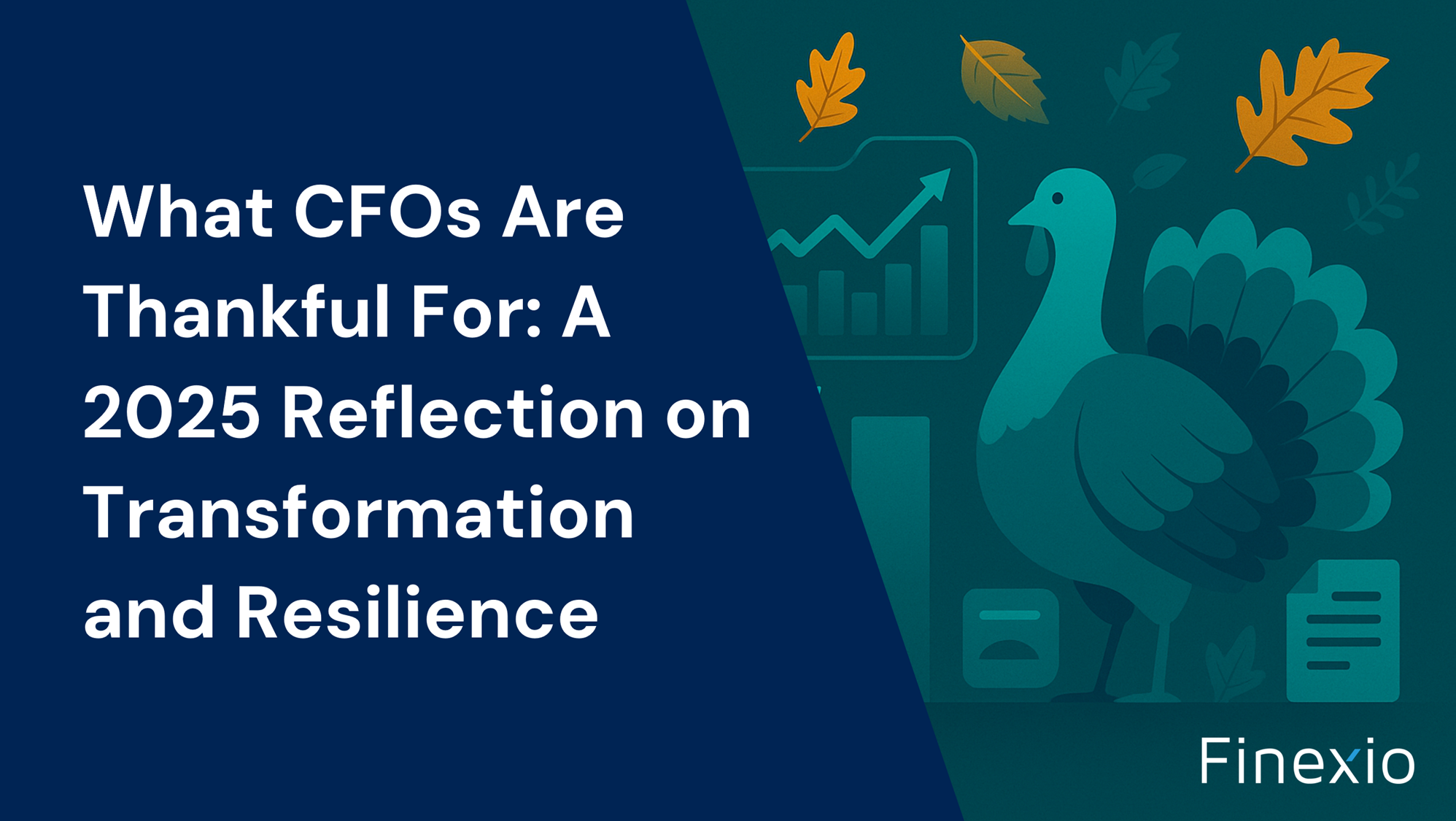Ghosts of Payments Past are No Match for Killer Robots of the Future


The final week of cybersecurity month is upon us, and since it’s also Halloween, we’re looking into our crystal ball to assess the role of artificial intelligence technology in accounts payable and ask, will AI assist us in the fight against payments fraud? Or, as in (nearly) every episode of Black Mirror, will it turn into a monster of our own making?
We have seen how quickly AI has advanced in certain sectors. Autonomous weaponry is already in our near-term future. Not only are these killer robots intelligent, precise, fast, and cheap, but they can also learn — like how to form swarm attacks using teamwork and redundancy, making their missions virtually unstoppable. Scary, right? Imagine savvy fraudsters using this learning to execute cyber-attacks. With AI adapting itself to each specific target, this could mean even more personalized and convincing phishing emails, or more selective theft — the stealthy targeting of a specific file from a specific computer, rather than a large-scale attack that would attract attention.
Most organizations have historically relied on pre-defined data sets to spot threats. While this is certainly useful and does mitigate risk, human security teams typically do not have sufficient time to respond to an AI-powered attack before considerable damage has already been done. As these attacks become more frequent, businesses will increasingly depend on generating their own automated, machine-speed response that can act fast when the threat is detected. According to a recent McKinsey report, “AI will become increasingly indispensable to manage cyber threats, with the market expected to grow at a Compound Annual Growth Rate (CAGR) of 23.6% from 2020 to 2027 and to reach $46.3 billion by 2027. At the same time, the adoption of AI is not without risks in itself: more than 60% of companies adopting AI recognize cybersecurity risks generated by AI as the most relevant ones.” (“Artificial Intelligence and cybersecurity — CEPS”)
In other words, you can’t bring a human to a machine fight.
Or can you?
AI in Accounts Payable
Consider accounts payable fraud: It’s typically attempted in the form of fake invoices being sent for payment. AI can fight this by analyzing patterns in invoices, then detecting and flagging any anomalies. With the ability to gain a deep understanding of the company it protects — by learning normal and abnormal behavior for each individual user, AI can detect and halt brand-new cyberattacks.
Yet as AI technology develops in this space, security minded FinTech’s like Finexio are keeping a close eye on the new benefits it can bring to the table, but are wary of its downside as well, which can be summed up in the adage, “Information in, information out.” That is, humans still must program computers to ask the right questions. Finexio CEO & Founder Ernest Rolfson stresses the importance of personal service in the payments industry. “Change is inevitable and welcome, but the challenge is to speed up the AI process, making it more dependable and user-friendly. It’s best to ensure this technology is developed responsibly, with a macro view on how it can be used for or against an organization.”
Digitization already brings multiple benefits to accounts payable, including faster payment cycles & increased focus on more value-added activities, improved forecasting capabilities, reduced errors and cost-savings associated with the elimination of manual, paper-based processes. Overall, the key to AI use in AP security seems to be responsible implementation with human oversight. Computers are efficient, but not infallible, and human control is essential. “AI systems, unlike brains, are designed. Therefore, all the decisions upon which the systems are designed should be auditable.” (“Artificial Intelligence and cybersecurity — CEPS”)
In short, AI is “the shield and the sword”, a monster that can be used for good or evil, its purpose entirely defined by the entity that wields it. It will become increasingly important for businesses to modernize financial processes by partnering with companies that can responsibly integrate AI into their solutions, allowing businesses to reap the security benefits and simultaneously combat those using it for fraudulent purposes.
Learn more about how FinTechs like Finexio use and assess cutting edge technology to keep your payments safe. Contact us or book a meeting with one of our experts!
Sources:
CEPS - Artificial Intelligence and Cybersecurity
Wired - How AI Battles Security Threats Without Humans
Computer.org - The Use of Artificial Intelligence in Cyber Security
McKinsey - The State of AI in 2020
Get the free Newsletter
Get the latest information on all things related to B2B and electronic payments delivered straight to your inbox.




